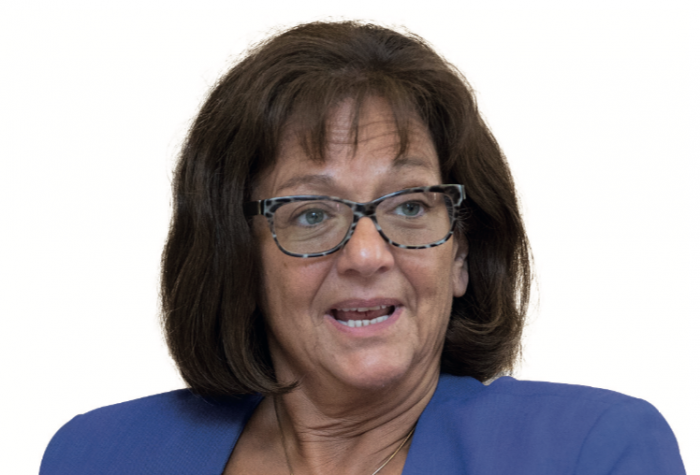I have long considered that the increase in women’s State Pension Age may have created injustice and hardship, but it is not clear this qualifies as discrimination.
I believe there is a strong case for women who have been badly impacted, because they did not know their pension age had changed, many of whom are seriously ill or retired to care for loved ones, expecting to receive their State Pension sooner than the law allowed.
The problem seems to me to relate more to maladministration and misinformation, rather than gender discrimination. Successive Governments since the 1990s failed to properly inform the millions of women facing a State Pension Age rise, that they would not be able to receive any of the State Pension they may have been relying on at age 60. Women, especially those already in their later years, have much lower pensions than men – both in private and state pensions. For the majority, receipt of State Pension is a crucial part of their retirement income. Any delay in the starting date is likely to be more serious for those who have little or no private pension.
So what did Governments do wrong? I do not believe it was wrong to increase State Pension Age for women, so that it would be equalised with men, but if Government is making such a fundamental change, it surely has a duty to ensure the women affected are aware of what is going to happen, so they can adjust their plans for the future. This is where the problem seems to me to lie.
When Pensions Minister, I saw copies of letters written by the Government to millions of these women in 2003 and 2004 about their State Pension, which failed to clearly highlight that their pension would not be paid at age 60. These official letters failed to clearly highlight that these women’s pension would not start being paid at age 60. IT merely informed them what State Pension they might receive when they reached State Pension Age, but they did not tell them what that age would be! In fact, receiving a letter from the Pensions Department about their State Pension, which did not urge them to check what their State Pension Age would be, may have lulled them into a false sense of security that they would receive it from age 60 – just like all the other women they had ever known.
This looks like maladministration. It is certainly the case that the Government seems not to have realised that many women had no idea their pension age would not be 60. Of course, the officials and Ministers writing the letters all knew, but they failed to appreciate that those women they were writing to had never been directly told.
The original increase in State Pension Age was legislated in 1995 when those affected were only in their forties or younger. There were some newspaper articles that mentioned the change in the law, that would see women’s pension age start to rise in 2010, to reach age 65 by 2020, were assumed to be widely known, but they were just not communicated properly to those who needed to know over the years. Indeed, Government websites also failed to alert women to the impending increase and, even worse, when I became Pensions Minister in 2015, I discovered that official websites still wrongly stated that women’s State Pension Age was 60. This careless approach to an issue that is so vital to many women was rather surprising.
This failure of the oversight of the State Pension information, and the damage to women’s pension prospects, was then compounded by the decision in 2011 (which I vigorously opposed at the time) to accelerate the already planned rises in Women’s State Pension Age, so it would reach 65 in 2018 and increase to 66 in 2020.
This second rise caused further hardship and added to the problems faced by many women who desperately needed their State Pension and had no time to change plans they had already made. The Government did try writing to women in 2009, but that was so close to the 2010 start date for the pension age increases and then, shortly after they received those letters. The next Government decided to delay their State Pension even further. Governments are legally entitled to change the terms of State Pensions, but surely they also have a duty to ensure those affected are made aware of what the changes are going to be.
Appeals are already in progress to the Parliamentary Ombudsman and, if maladministration is confirmed, perhaps there can yet be a resolution to this problem. I have not supported a return to pension receipt from age 60, but I do think there is a strong case for Government to help those women – and men – facing hardship caused by delaying receipt of State Pension. Whether this is in terms of access to Pension Credit, or early access to State Pension for people who are seriously ill or caring for others.
